Home>Gardening & Outdoor>Landscaping Ideas>What To Do If Grass Seed Doesnt Grow
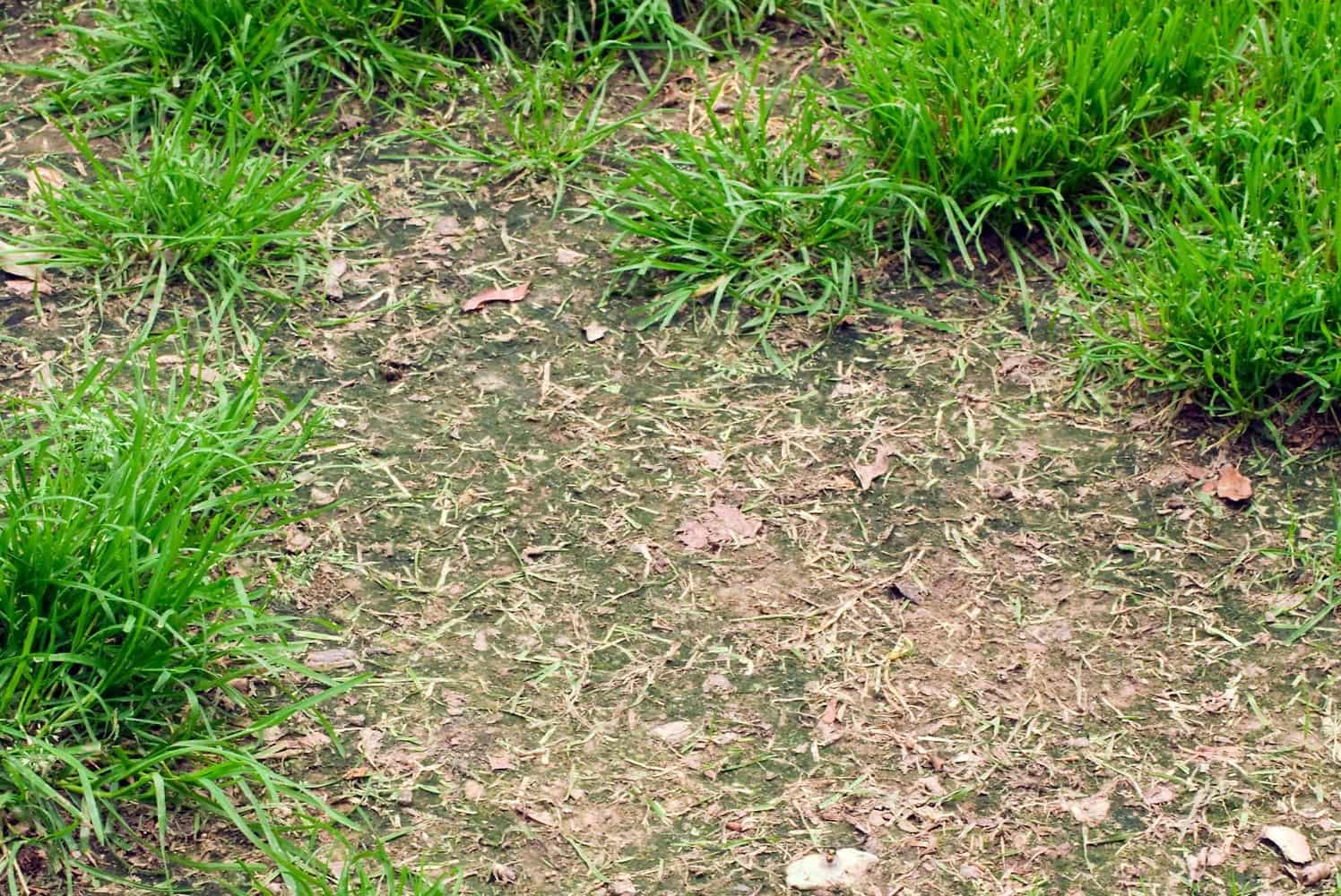

Landscaping Ideas
What To Do If Grass Seed Doesnt Grow
Modified: March 24, 2024
Discover expert landscaping ideas for troubleshooting grass seed that doesn't grow. Find effective solutions to revive your lawn and achieve lush, green grass.
(Many of the links in this article redirect to a specific reviewed product. Your purchase of these products through affiliate links helps to generate commission for Storables.com, at no extra cost. Learn more)
Introduction
Planting grass seed is a popular and cost-effective way to establish a lush and vibrant lawn. However, despite your best efforts, you may encounter the frustrating situation where the grass seed doesn’t seem to grow as expected. This can be disheartening, especially after investing time and effort into the seeding process. Understanding the potential reasons behind this issue and learning effective solutions is crucial to achieving the green, thriving lawn you desire. In this article, we will explore the possible reasons for grass seed not growing and provide actionable solutions to help you overcome this challenge. By implementing these strategies, you can nurture your grass seed to successful germination and enjoy a beautiful, healthy lawn.
Key Takeaways:
- Don’t give up if your grass seed doesn’t grow! Proper soil prep, consistent watering, and high-quality seeds can help overcome challenges for a lush, vibrant lawn.
- Overcome grass seed challenges with targeted solutions like weed management, correct seeding depth, and environmental considerations for a thriving, resilient lawn.
Read more: Why Doesnt Grass Grow Under Trees
Possible Reasons for Grass Seed Not Growing
When grass seed fails to germinate and grow, several factors may be at play. Identifying the potential reasons behind this issue is the first step toward finding a solution. Here are some common reasons why grass seed may not be growing as expected:
- Poor Soil Preparation: Inadequate soil preparation can hinder grass seed germination. Compacted soil, excessive thatch, and poor soil pH levels can create unfavorable conditions for seed growth.
- Inconsistent Watering: Irregular or insufficient watering can impede seed germination. Inadequate moisture levels can prevent the seeds from sprouting and establishing roots.
- Incorrect Seeding Depth: Planting the grass seed at the wrong depth can affect germination. If the seeds are buried too deeply or left on the surface, they may struggle to sprout and develop.
- Low Seed Quality: Using low-quality or outdated grass seed can lead to poor germination rates. It’s essential to select high-quality, fresh seed that is well-suited to your specific region and growing conditions.
- Environmental Factors: Adverse weather conditions, such as extreme temperatures, heavy rainfall, or drought, can hinder seed germination and growth. Additionally, excessive shade or sunlight can impact seedling development.
- Competition from Weeds: Weeds can outcompete grass seedlings for essential resources, such as sunlight, water, and nutrients, leading to poor germination and stunted growth.
- Improper Fertilization: Incorrect fertilization practices, such as using the wrong type of fertilizer or applying excessive amounts, can inhibit seed germination and compromise seedling health.
By understanding these potential reasons for grass seed not growing, you can pinpoint the specific challenges affecting your lawn and take targeted measures to address them. With the right strategies in place, you can overcome these obstacles and create optimal conditions for successful grass seed germination and robust growth.
If grass seed doesn’t grow, try raking the soil to loosen it, watering regularly, and using a fertilizer specifically for new grass. Keep the area moist and be patient, as it can take up to 3 weeks for grass seed to germinate.
Solutions to Help Grass Seed Grow
Addressing the issues that hinder grass seed growth is essential for fostering a thriving and resilient lawn. By implementing targeted solutions, you can overcome the obstacles and create optimal conditions for successful seed germination and healthy growth. Here are effective strategies to help grass seed grow:
- Proper Soil Preparation: Before seeding, ensure that the soil is well-prepared. Remove any debris, loosen compacted soil, and address pH imbalances through soil testing and appropriate amendments.
- Consistent Watering: Provide adequate and consistent moisture to the seeded area. Water lightly and frequently to keep the soil moist but not waterlogged, promoting optimal conditions for seed germination.
- Correct Seeding Depth: Follow recommended seeding depths for the specific grass seed variety. Use a rake to lightly cover the seeds with soil, ensuring they are in firm contact with the ground without being buried too deeply.
- High-Quality Seed Selection: Choose premium-quality grass seed that is well-suited to your local climate and soil conditions. Opt for fresh seed from reputable suppliers to maximize germination rates and seedling vigor.
- Environmental Considerations: Monitor environmental factors and provide appropriate protection. Use shade cloth to shield the seeded area from excessive sunlight or cover it during heavy rainfall to prevent soil erosion.
- Weed Management: Combat weed competition by carefully applying pre-emergent herbicides or manually removing weeds. This minimizes competition for resources and allows the grass seedlings to thrive.
- Appropriate Fertilization: Use a high-quality, balanced fertilizer at the recommended rates to support seedling development without overwhelming the young plants. Follow best practices for fertilization timing and application.
By implementing these solutions, you can create an optimal environment for grass seed germination and growth, setting the stage for a healthy and vibrant lawn. Consistent monitoring and care will further support the establishment of robust grass seedlings, leading to a lush and resilient turf that enhances the beauty of your outdoor space.
Conclusion
Successfully nurturing grass seed to robust growth and establishing a thriving lawn requires a combination of careful planning, attentive maintenance, and timely interventions. By understanding the potential reasons for grass seed not growing and implementing targeted solutions, you can overcome challenges and create optimal conditions for successful germination and healthy growth.
Remember that proper soil preparation, consistent watering, correct seeding depth, high-quality seed selection, environmental considerations, weed management, and appropriate fertilization are all crucial factors in supporting the growth of grass seed. By addressing these aspects, you can set the stage for a lush and resilient lawn that enhances the beauty of your outdoor space.
Additionally, staying attuned to environmental conditions, monitoring the progress of the grass seedlings, and providing ongoing care are essential for nurturing a thriving lawn. Regular maintenance, including mowing, watering, and fertilizing, will further contribute to the long-term health and vibrancy of your established turf.
By incorporating these strategies into your lawn care routine, you can overcome the challenges of grass seed not growing and create an inviting outdoor environment that enriches your surroundings and provides a green, rejuvenating space for relaxation and recreation.
With dedication, knowledge, and a proactive approach to lawn care, you can transform your outdoor space into a flourishing oasis that reflects your commitment to nurturing natural beauty and enjoying the rewards of a vibrant, healthy lawn.
Frequently Asked Questions about What To Do If Grass Seed Doesnt Grow
Was this page helpful?
At Storables.com, we guarantee accurate and reliable information. Our content, validated by Expert Board Contributors, is crafted following stringent Editorial Policies. We're committed to providing you with well-researched, expert-backed insights for all your informational needs.
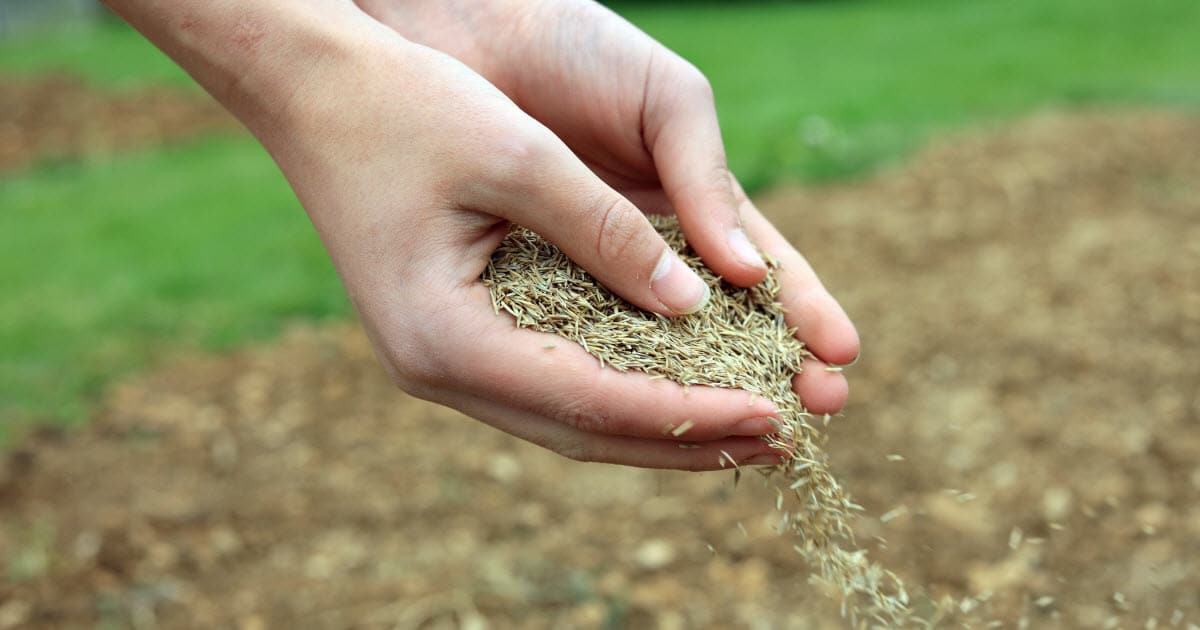
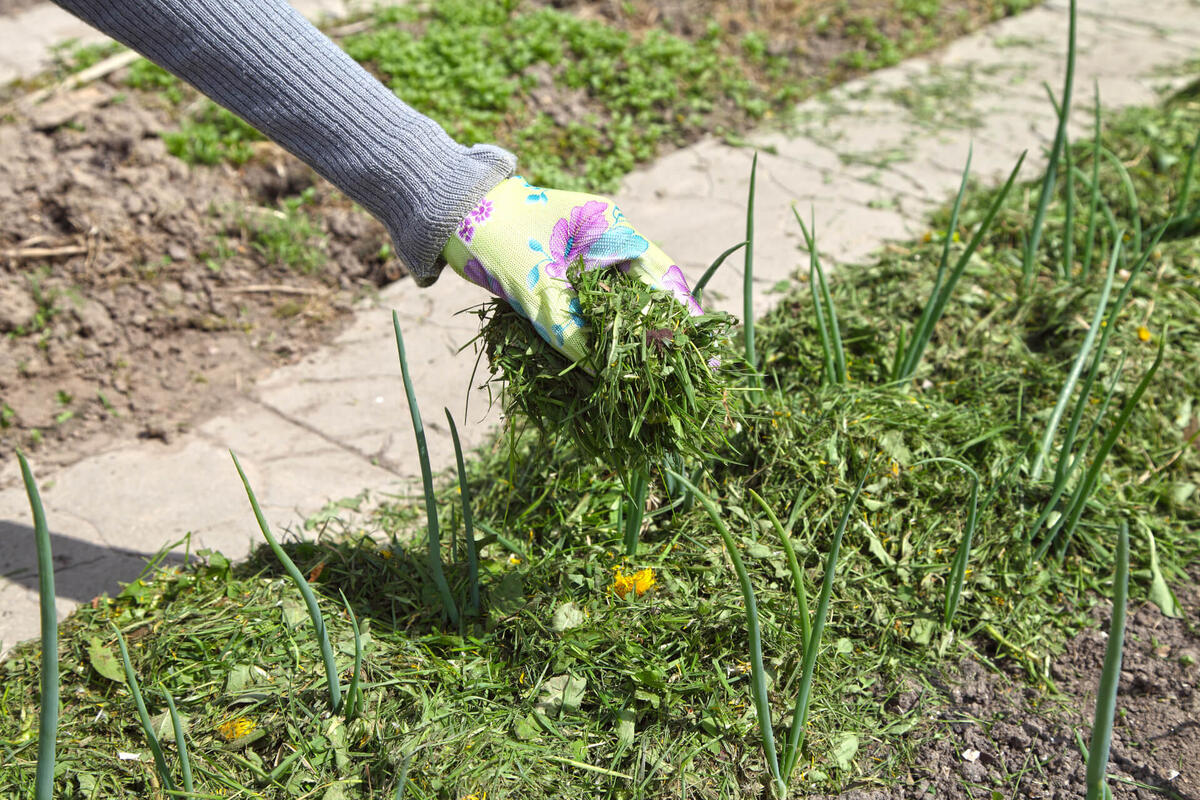
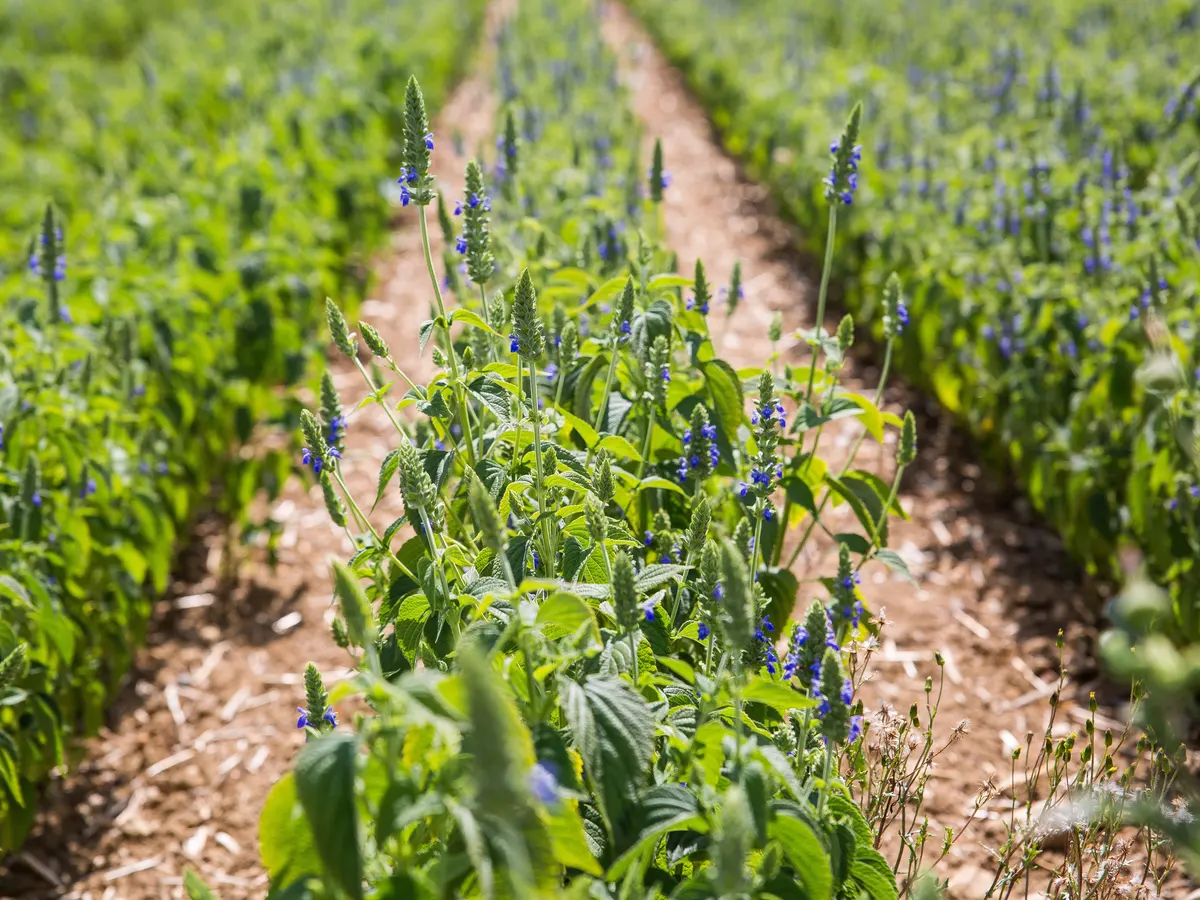
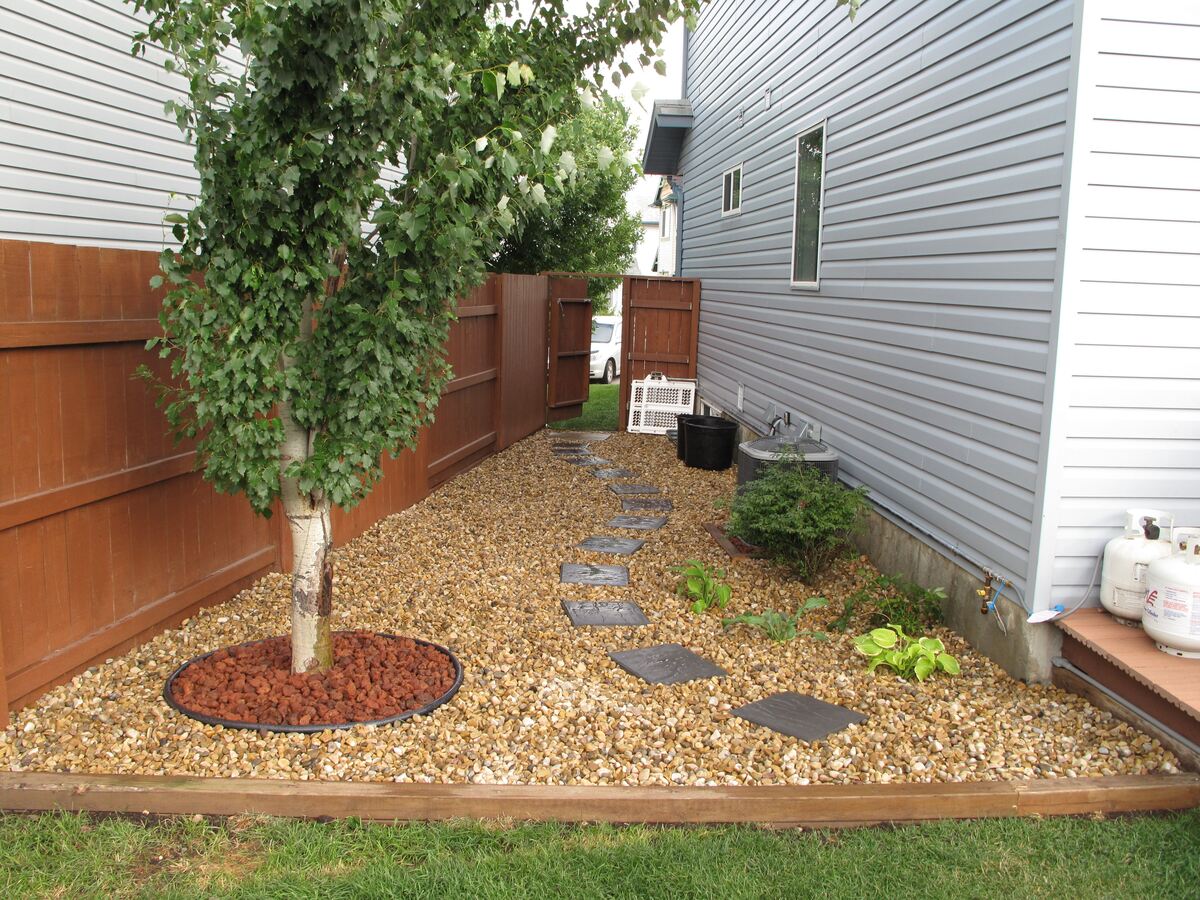
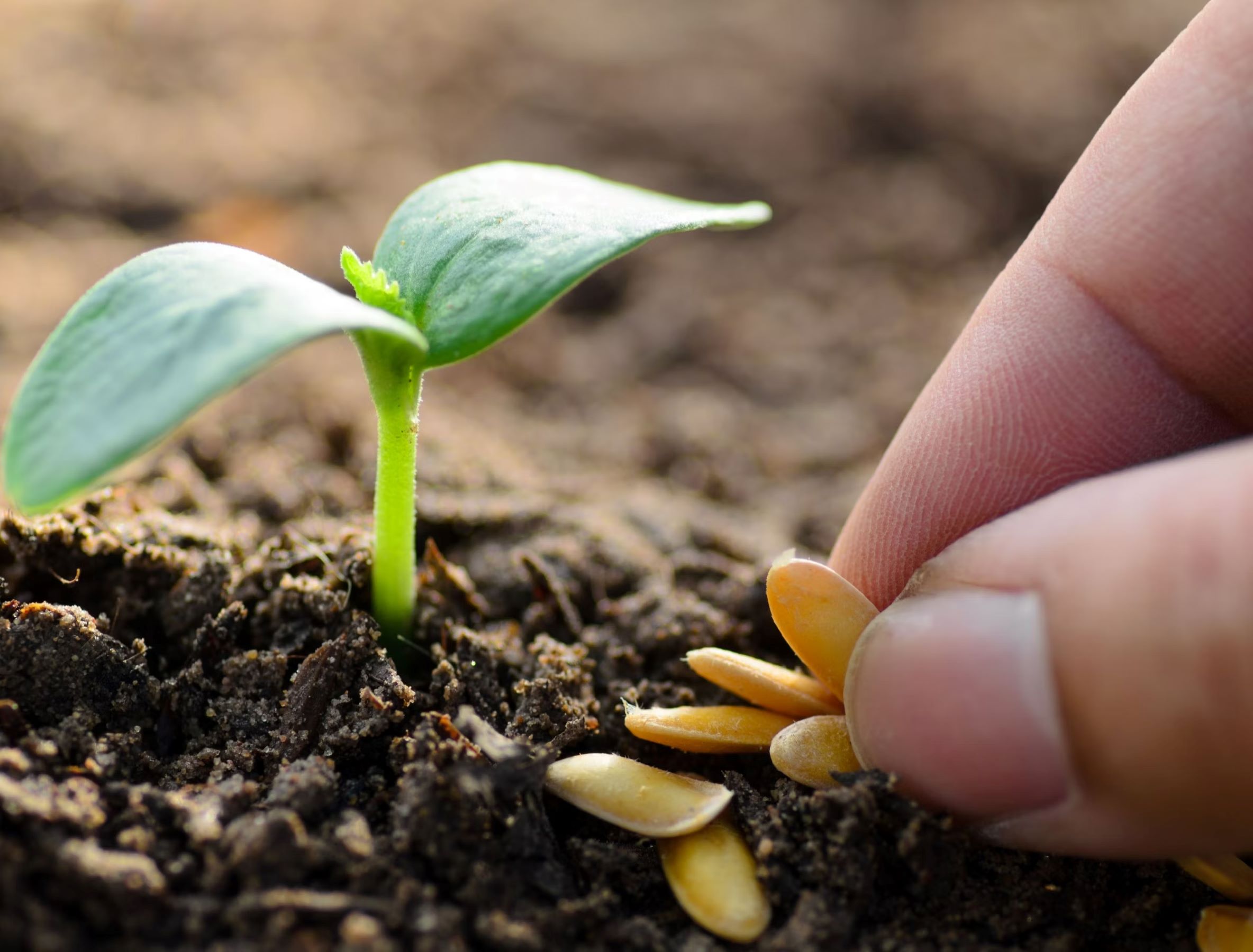
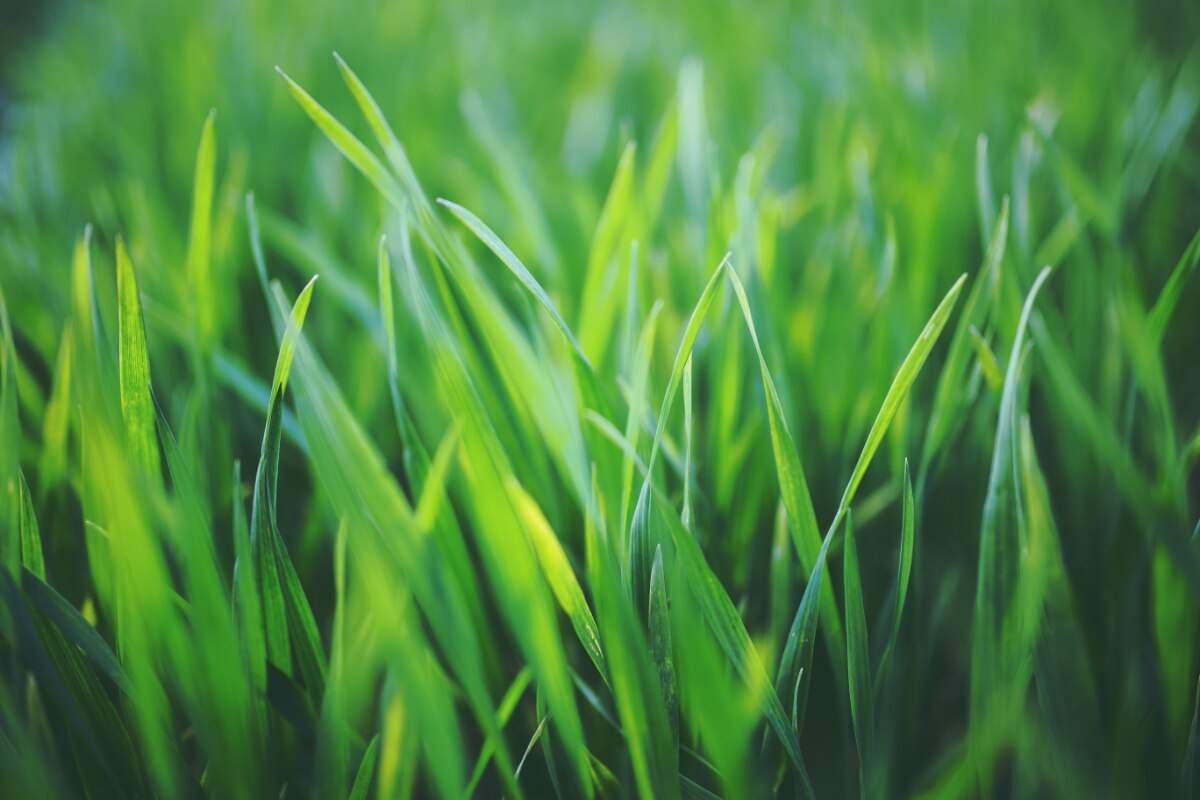
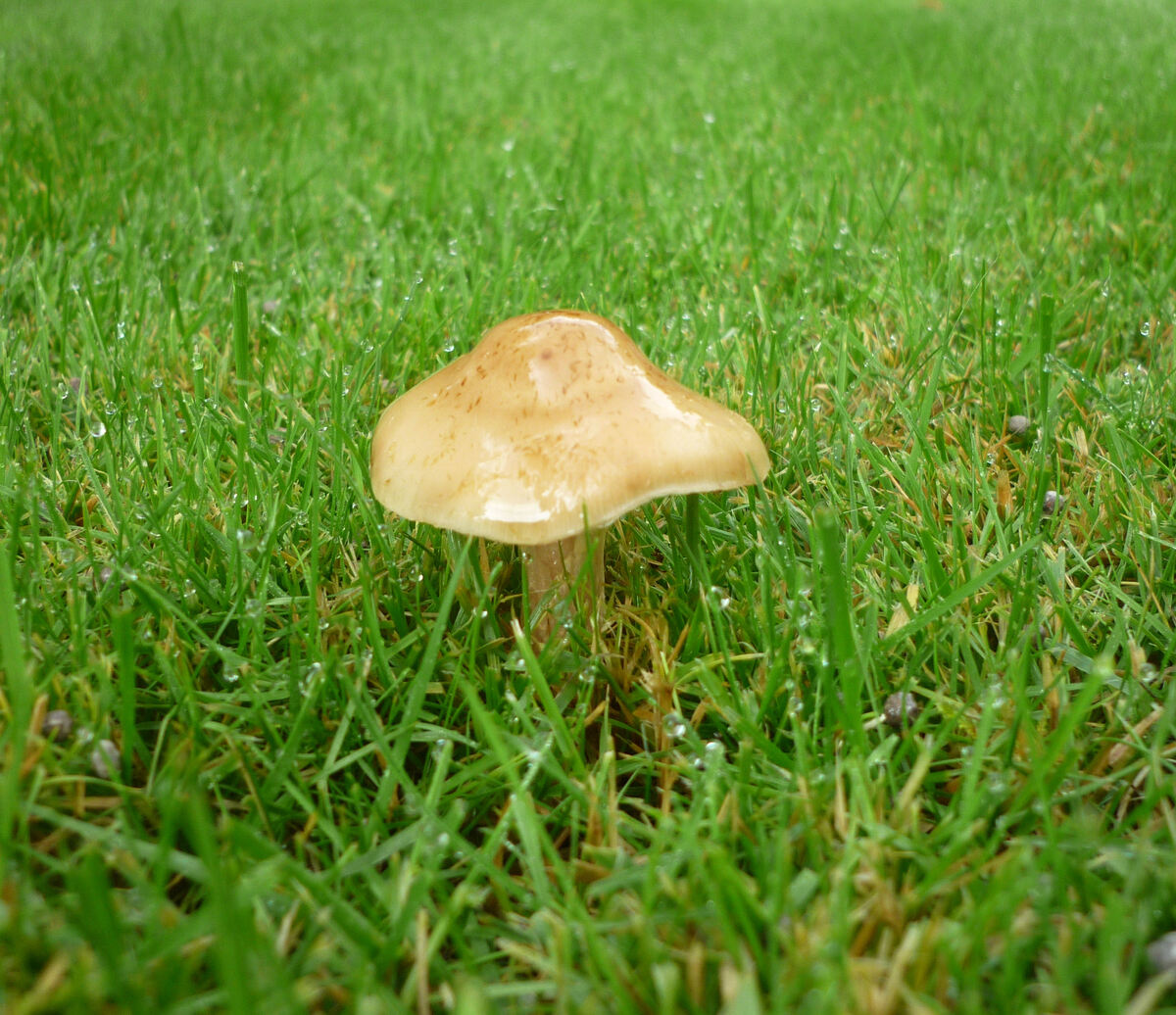
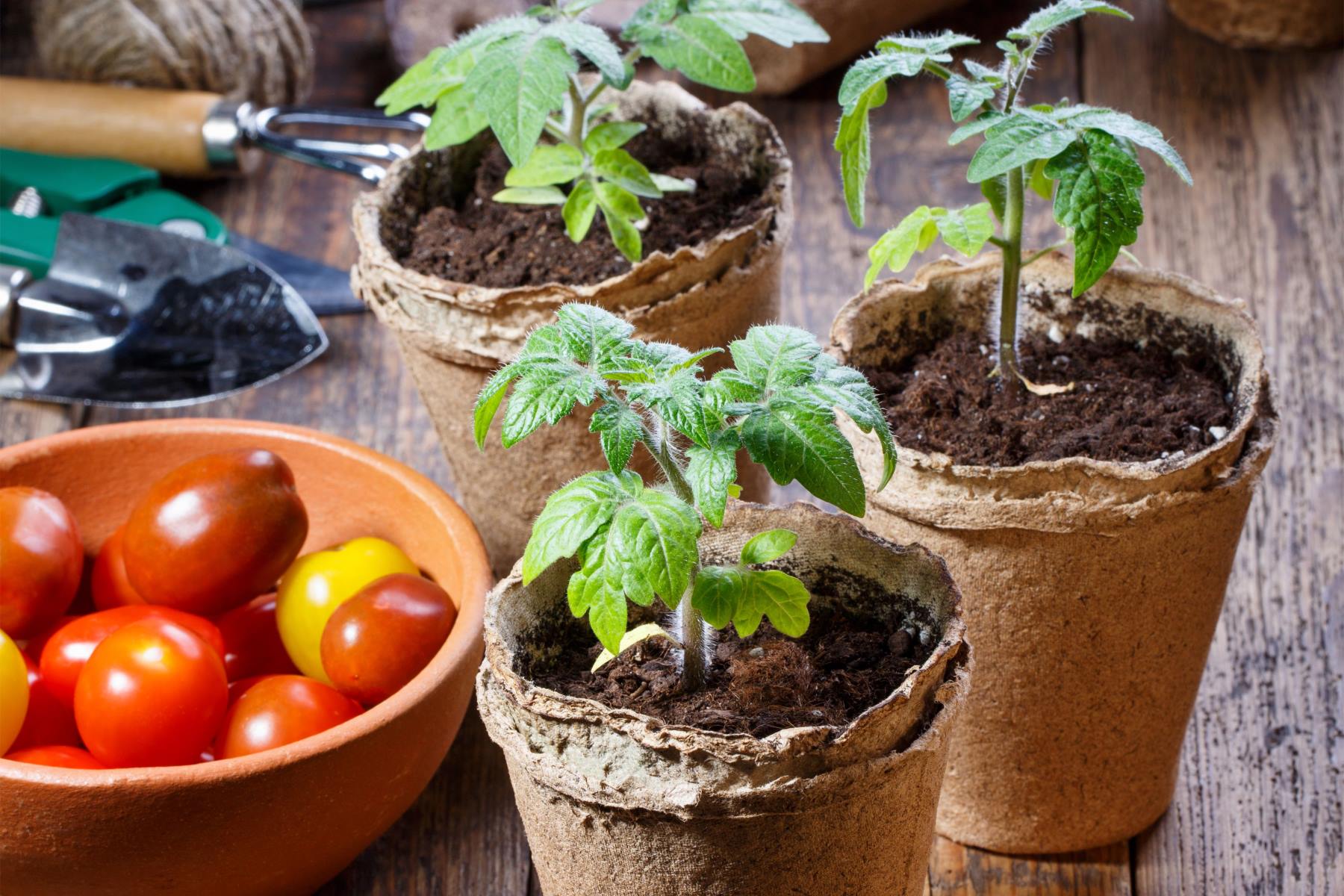
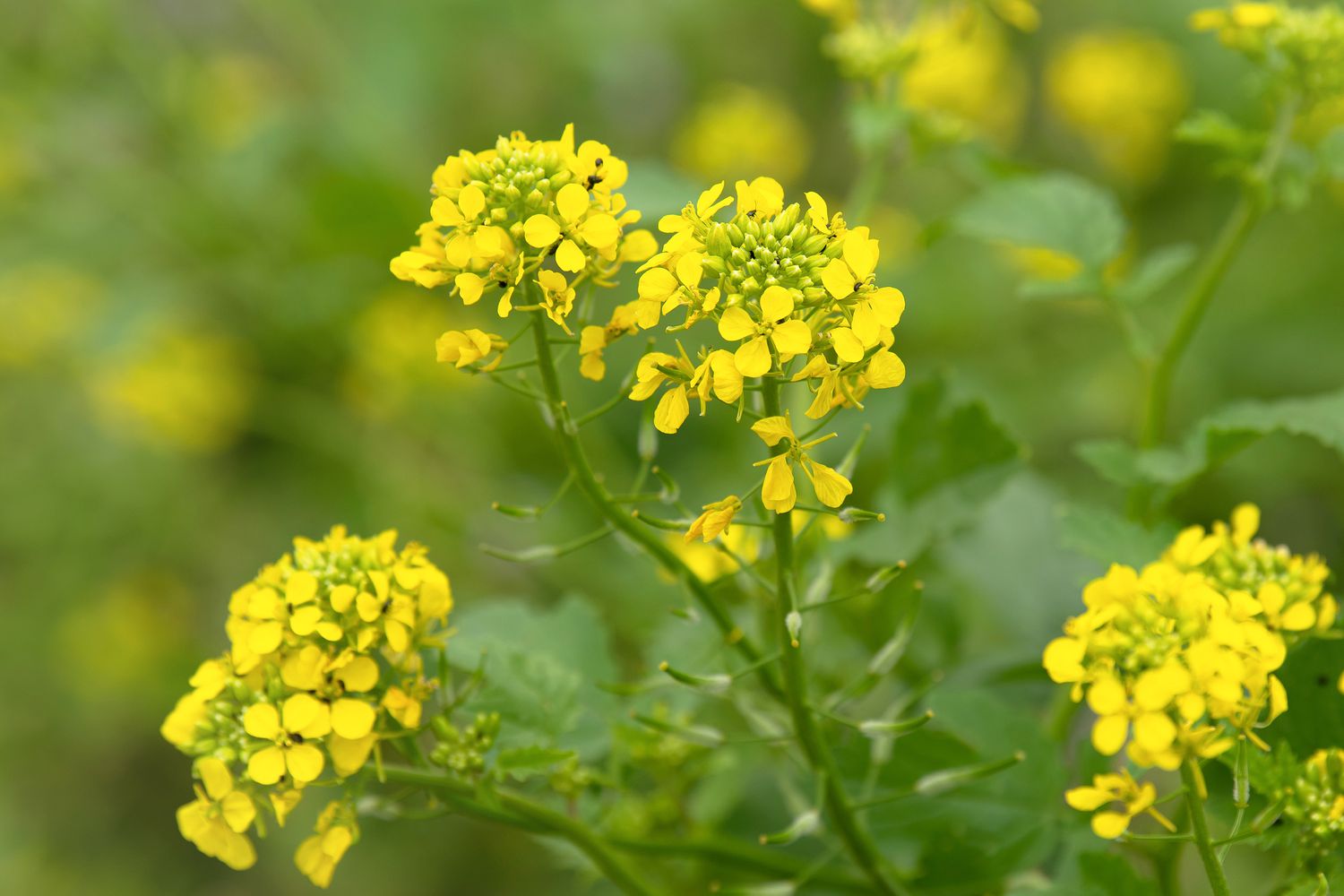
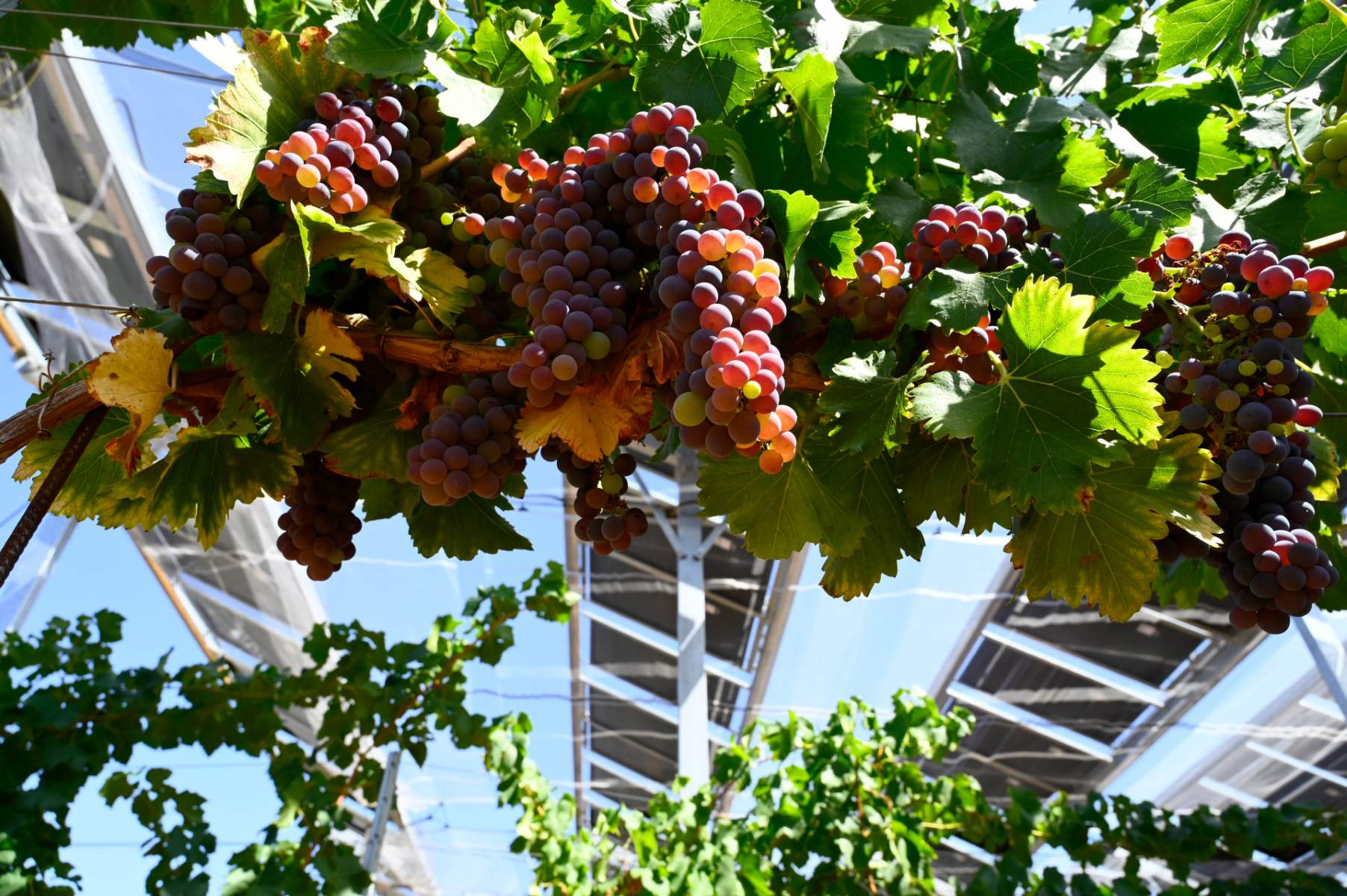
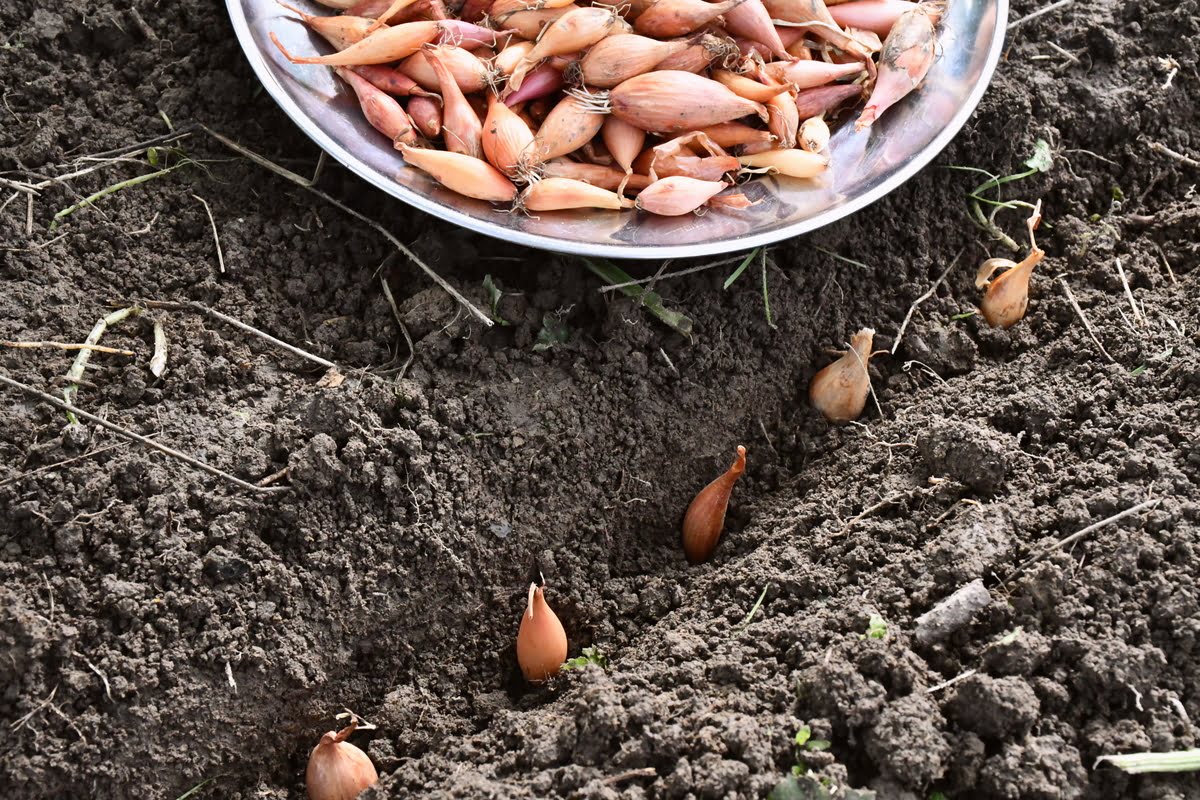
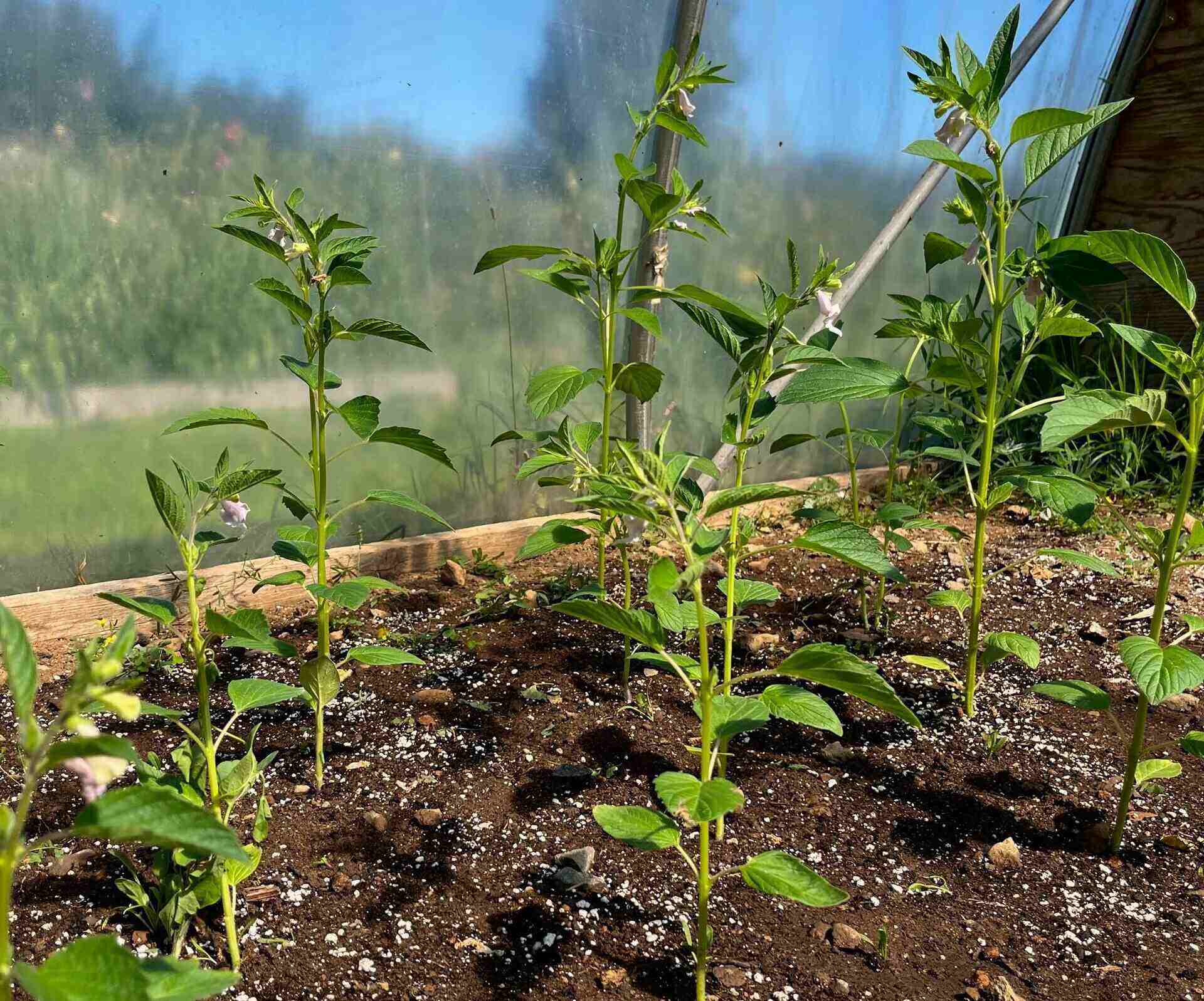
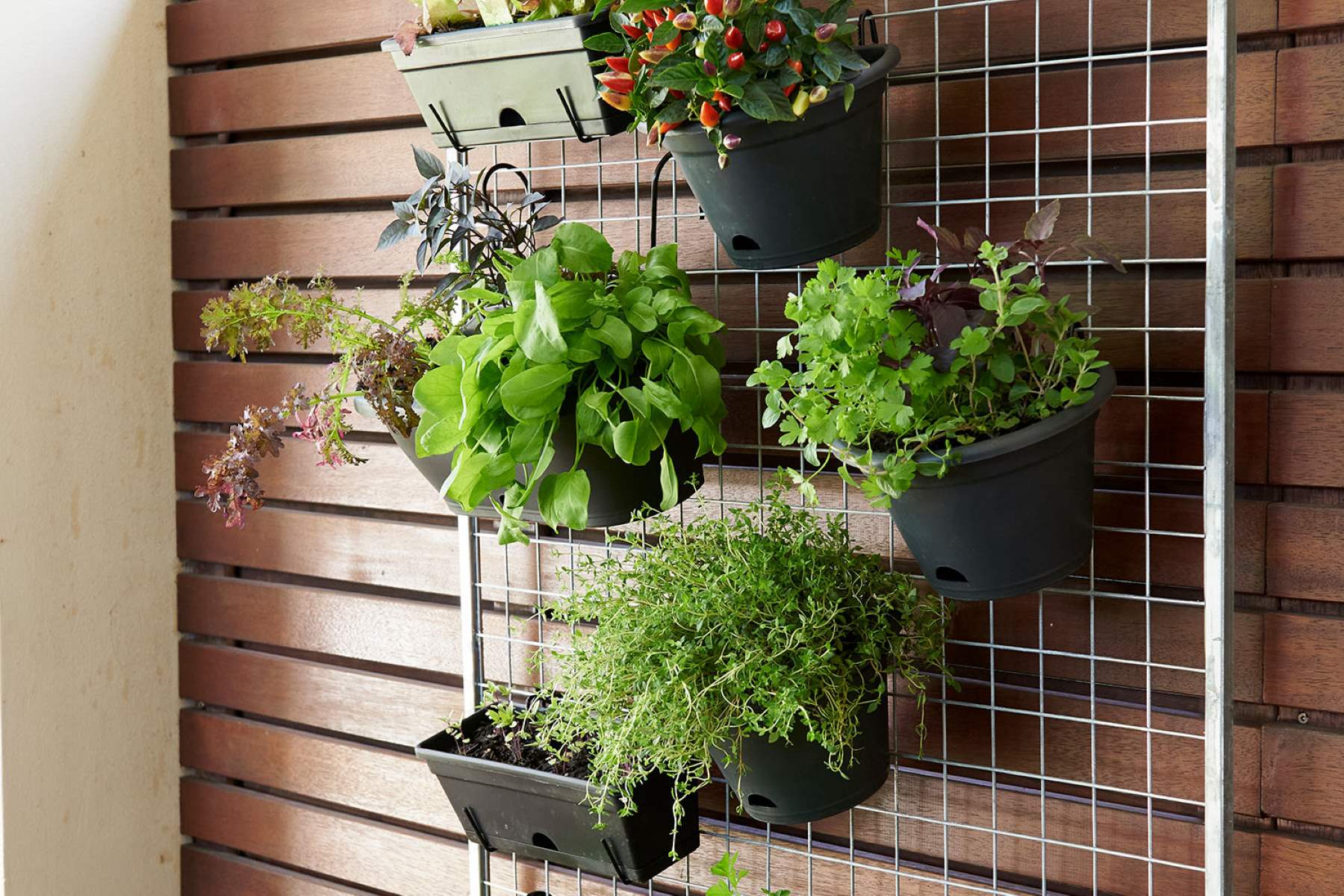
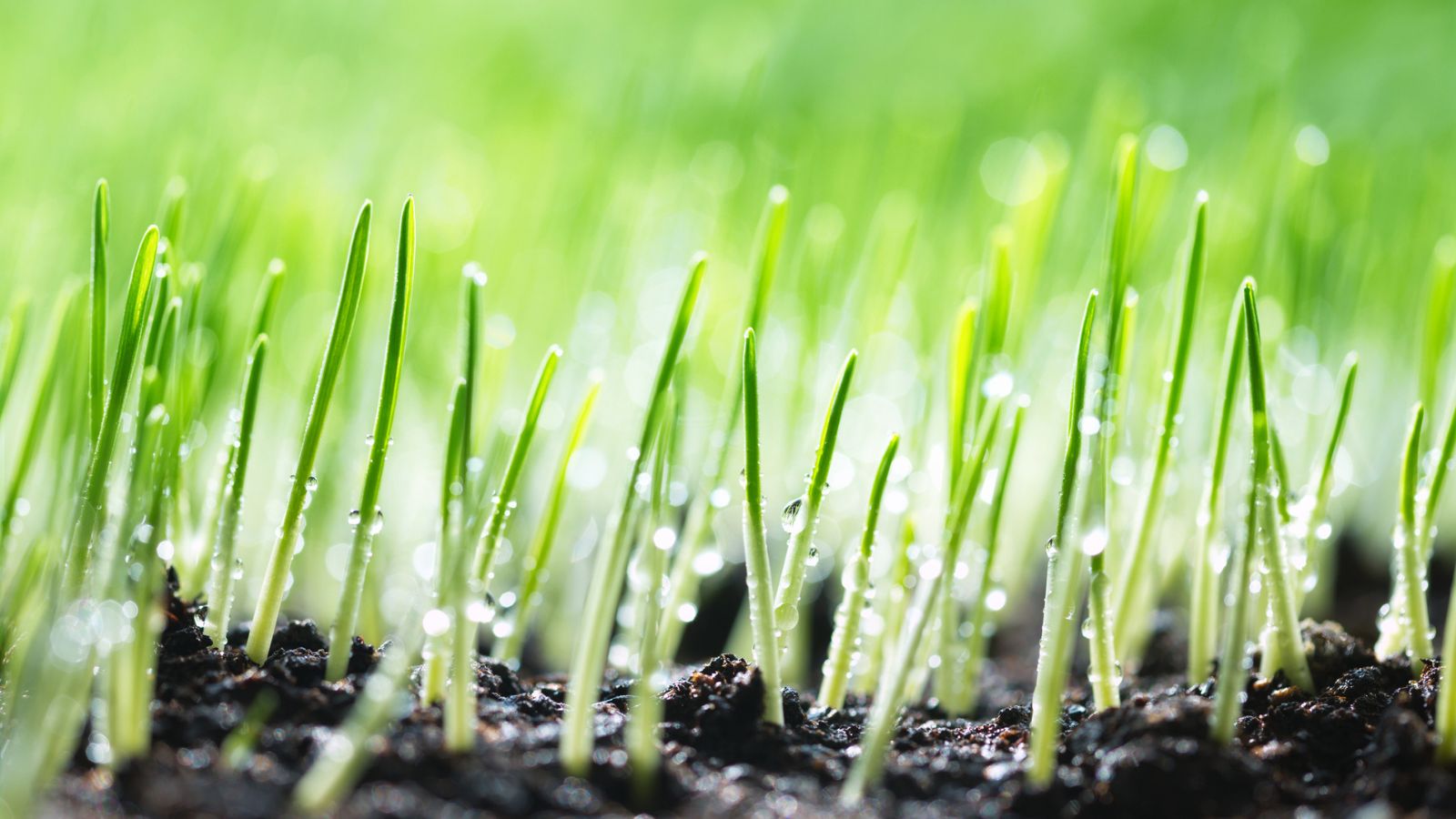
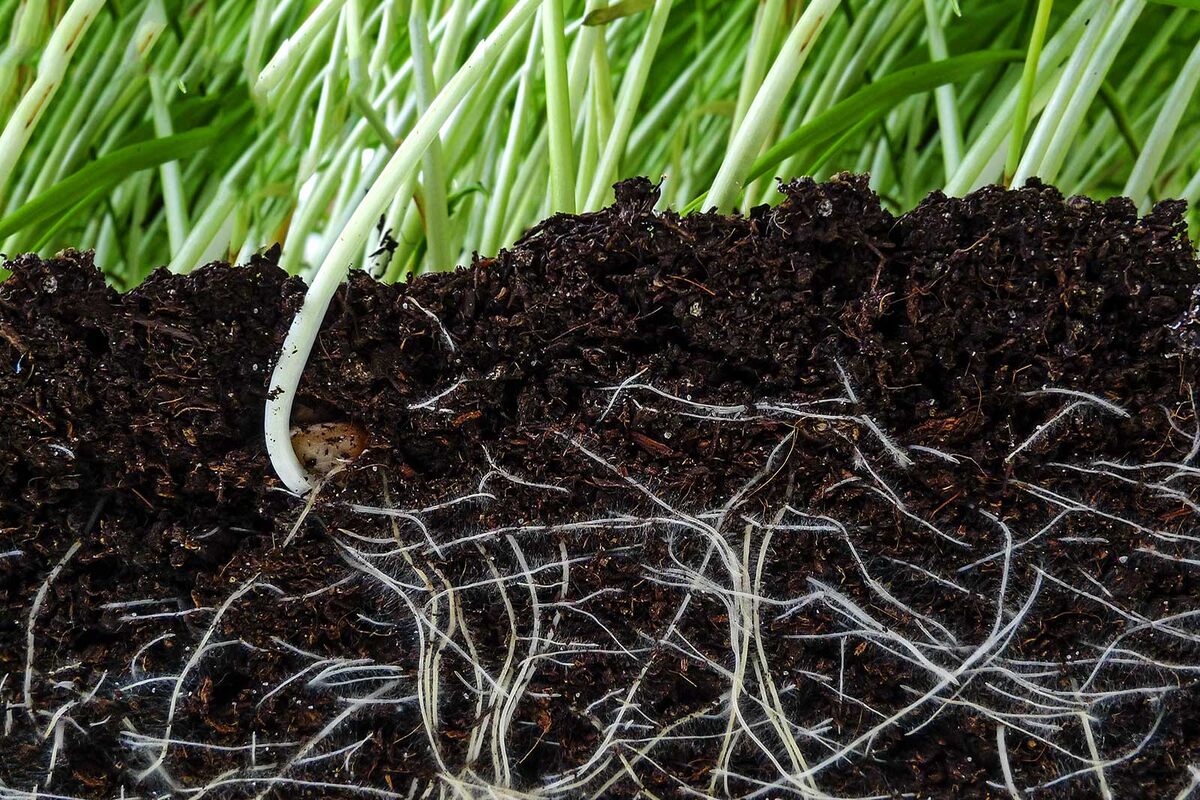

0 thoughts on “What To Do If Grass Seed Doesnt Grow”